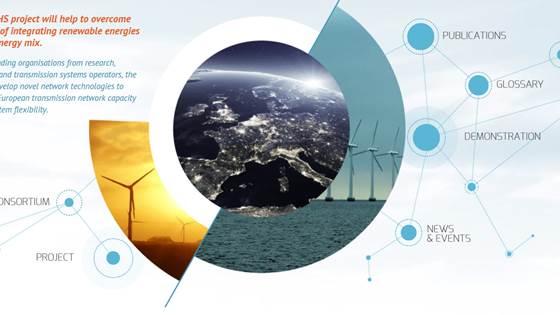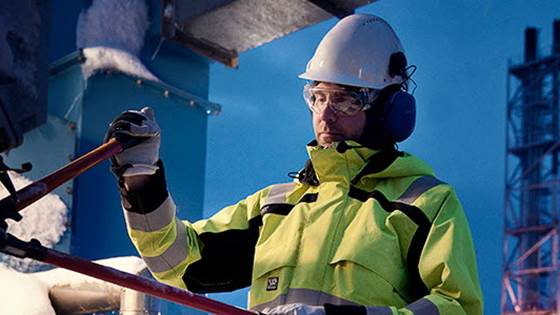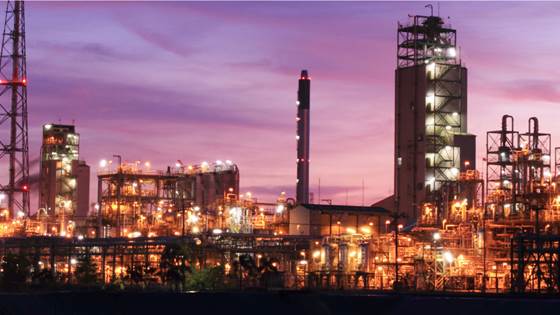
Reduced VOC emissions from crude oil transport
Much of Norway's production of crude oil is transported by ship. Particularly during loading, volatile organic compounds (VOCs) are released from the ship's cargo tanks to the atmosphere.

Much of Norway's production of crude oil is transported by ship. Particularly during loading, volatile organic compounds (VOCs) are released from the ship's cargo tanks to the atmosphere.

The overall objective of the project is to study and recommend different sustainable technologies for large scale macroalgae and marine aquaculture that can be applied to the Brazilian coast

Transmission for sustainability

Kristiansand municipality, Child Welfare Service and Sørlandet Hospital, the Department of Child and Adolescent Mental Health, and Children, Youth and Family Affairs collaborating on a project where they are trying out one organisation through a...

Access to omega 3 sources in fish feed is a limiting factor for growth in aquaculture. Researchers from SINTEF and NTNU will explore the potential of using bacteria as a "production machine" for the beneficial fatty acids.

This project will contribute to new knowledge on efficient use of sea transportation and efficient quay operations within the forest value chain, in order to increase the quantities of timber and wood related products transported by ship in Coastal...

Our world keeps getting smaller. Technologies and infrastructures are increasingly intertwined; nations have become interconnected by transportation, communication and economy. In this world, our society is put under tremendous strain: New forms of...

Understanding the health and safety effect of work schedules is important because an increasing number of people work outside standard working hours. Different working hours and an increased demand for flexible working hours are especially important...

ADAPT develops and evaluates technology for assessing fall risks among seniors.

Contribute to a cost efficient integration of the increasing number of prosumers in the distribution grid.

The innovation project Arctic Protection run from Q1 2014 to Q1 2017, and is now finalised. A multilayer workwear system was developed, which includes a range of garments designed to enable the workers to operate both efficiently and thermally...

The Arena-project i4plastics consists of 17 small and large companies and expertise centres in the plastics industry, with SINTEF Raufoss Manufacturing as formal host. Most of the involved companies have a strong international position, based on...

The TORC project develops an innovative and comprehensive training concept that enable organizations to appreciate, nurture and improve their inherent resilient and adaptive capacities, while being under the imperative of predominantly compliance...

As an R&D partner in NOWITECH (Norwegian Research Centre for Offshore Wind Technology), SINTEF Ocean have been actively involved in developing robust numerical tools for the design and modelling of bottom-fixed offshore wind turbines.

Understanding the cost of retrofitting CO2 capture to an integrated oil refinery

Smart tariffs for energy and grid in the future active distribution grid.

VELaSSCO is a EC funded Project dealing with end-user visualization of Big Data

The aquaculture company SalMar, based on the island of Frøya, has through its development company Ocean Farming, proposed a new design for an ocean salmon fish farm on exposed sites.